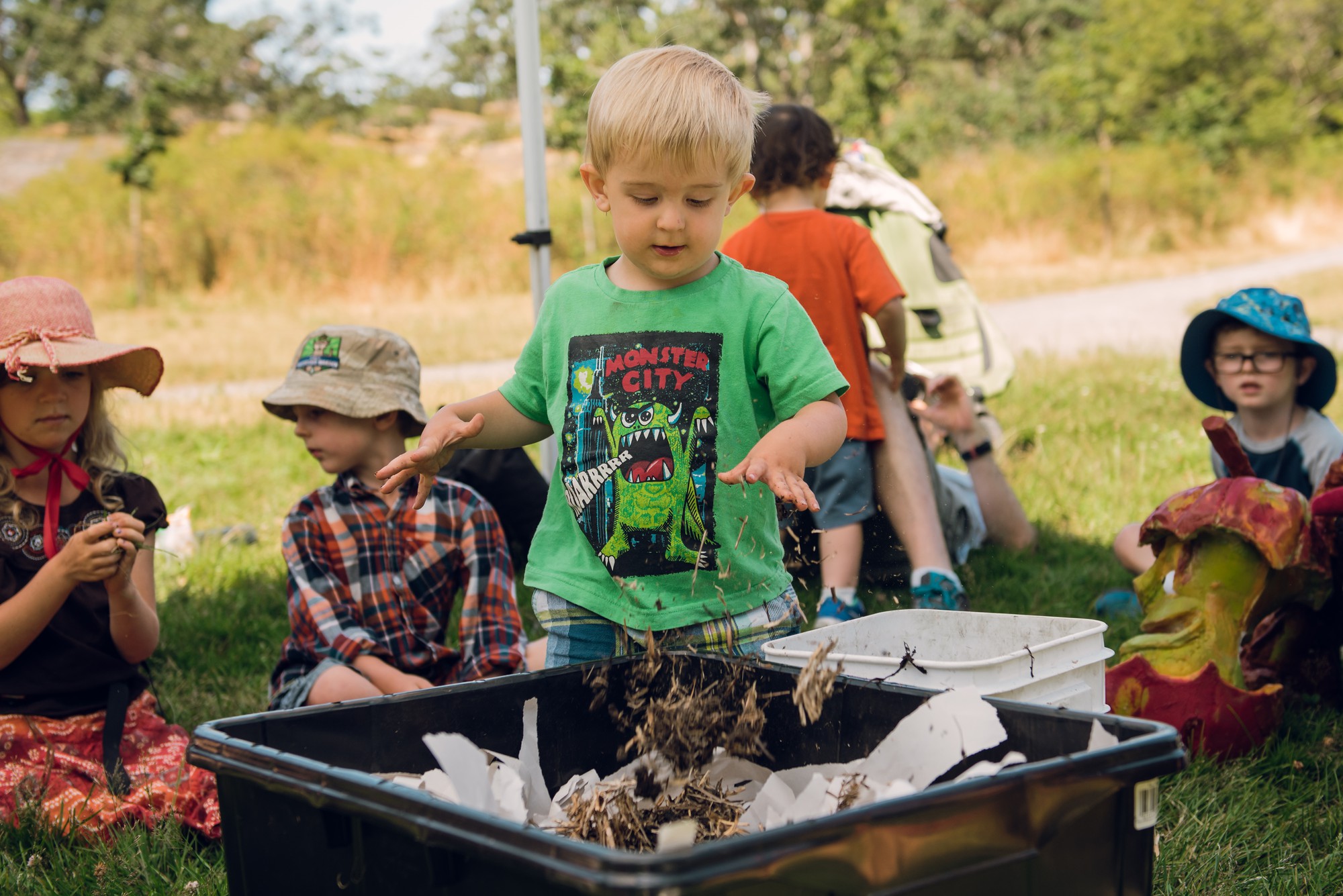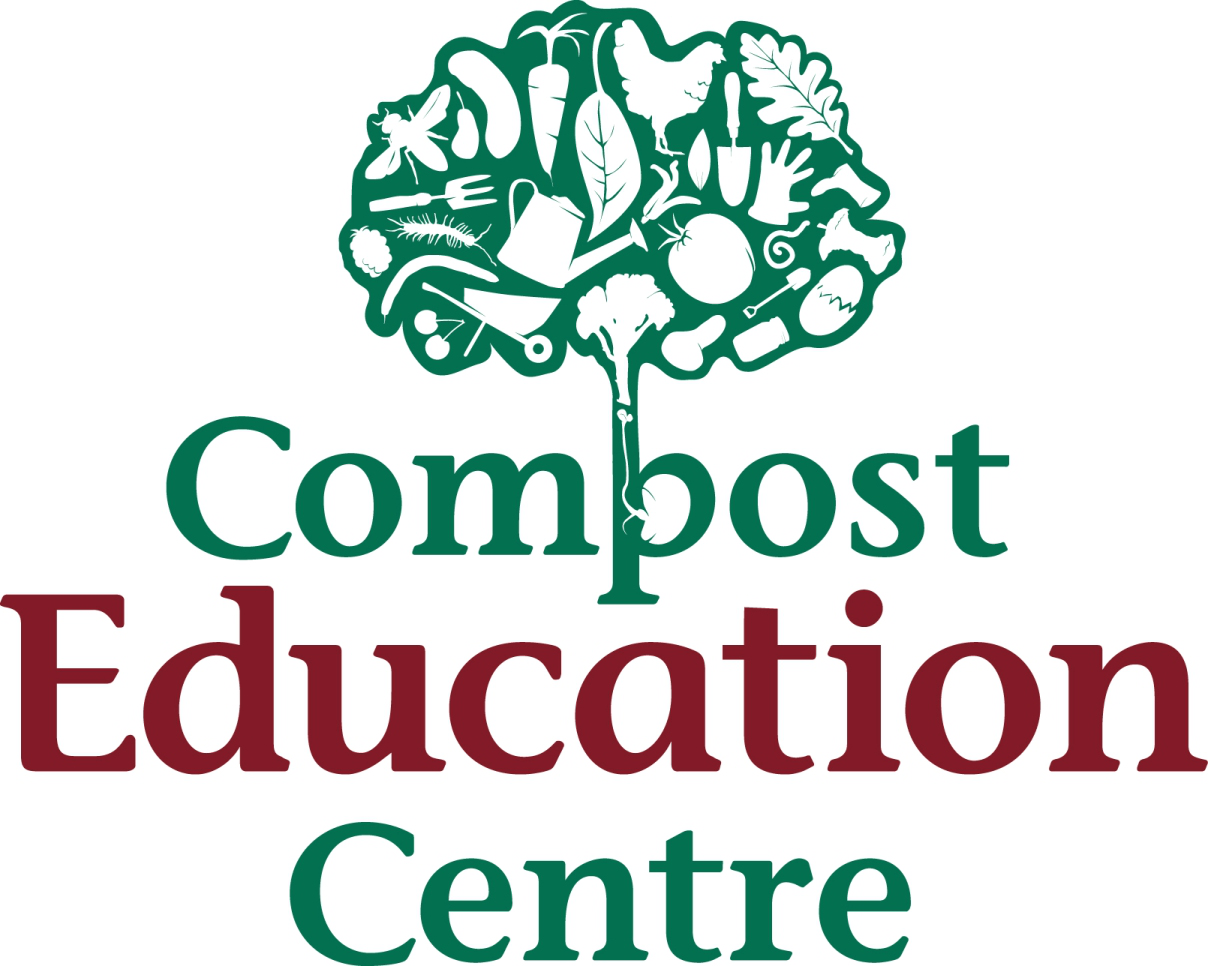Compost Education Centre
Registered Name: VICTORIA COMPOST & CONSERVATION EDUCATION SOCIETY
Business No: 896702289RR0001
This organization is designated by Canada Revenue Agency (CRA) as a registered charity. They comply with the CRA's requirements and has been issued a charitable registration number.

Donate to this charity
Give in honour or send an ecard (optional)
Our Mission
The Compost Education Centre (CEC) is a project of the Victoria Compost and Conservation Education Society, a not-for-profit, charitable organization. Since 1992, the CEC has provided in-school and community educational programs for all ages on composting, soil conservation and environmental stewardship throughout Greater Victoria and our Capital Regional District (CRD). The CEC promotes organic and ecological gardening practices as a means of reducing the health and environmental effects of chemical gardening practices that can be harmful to natural systems, as well as promoting the health, environmental and social benefits of local food production.
Soil is the life support for the myriad of diverse ecosystems in our region and across the globe, and teaching people of all ages to connect with the ground beneath their feet is an important first step to understanding and respecting the intricate relationships that exist in nature. Soil stewardship and conservation is the root of all our educational programs as soil is also the heartbeat of all that we consume; whether it’s the nutritious food we eat, the clothes we wear or the medicines that keep us healthy.
Our experiential environmental education programs for children and youth feature fun, interactive workshops taught in schools or in our vibrant teaching gardens. Hands-on learning opportunities include building and maintaining a classroom worm composting bin through ‘Wrigglers at Work’ and exploring the mysteries of soil ecosystems in ‘Soil Superstars’. These programs frame environmental education through a solutions based learning approach that increases youth engagement and encourages a sense of community connection, individual empowerment and environmental stewardship. The food waste from classrooms is diverted from the landfill while the compost created in the classroom worm bins can be used in school food gardens to further connect students to the compost cycle and soil network.
What people are saying

supporter wall
Marlene O donated!
TO PROVIDE ORGANIC COMPOSTING SUPPORT FOR LOCAL ORGANIC SCHOOL GARDENS




